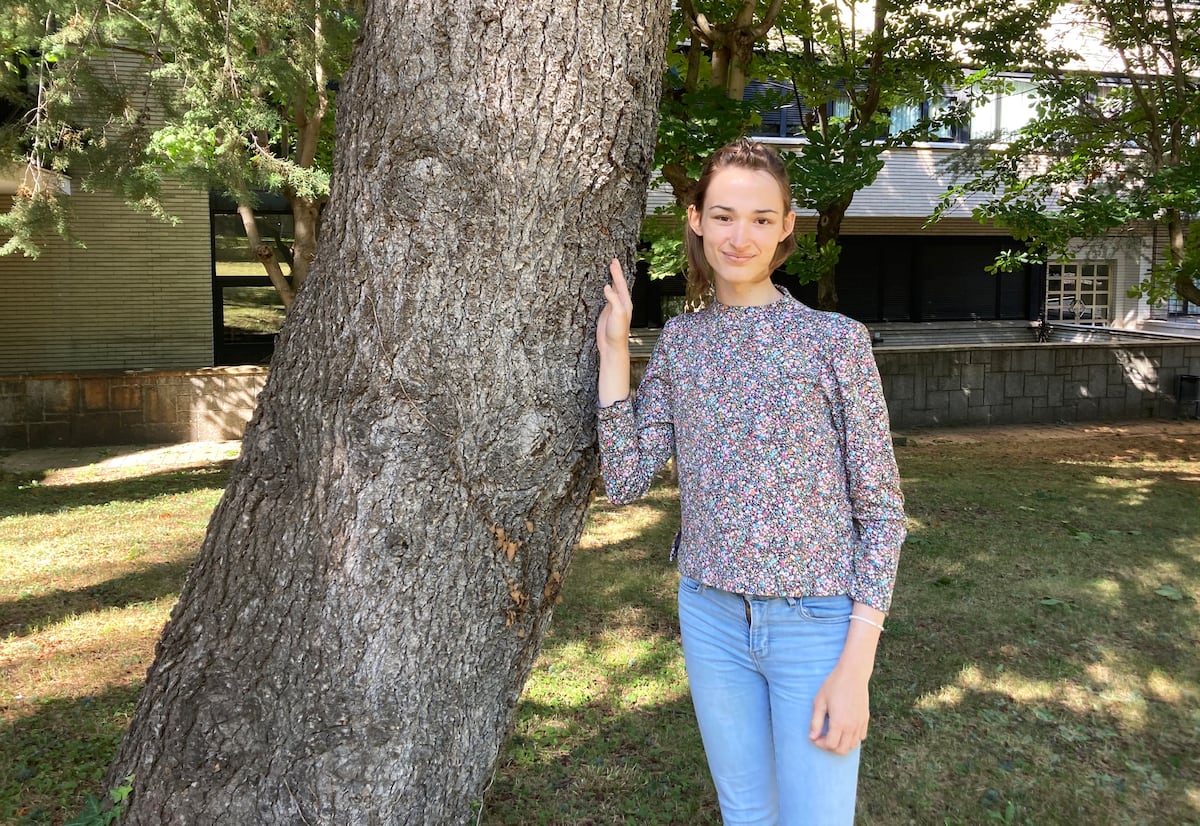
"Hannah Cairo solved the Mizohata-Takeuchi conjecture, a significant problem in harmonic analysis, using fractals and careful construction of a counterexample."
"Cairo, just 17 and still in high school, worked on the problem after moving to the U.S. from the Bahamas and attending UC Berkeley."
"The mathematical community expressed both surprise and enthusiasm at Cairo's solution, as the conjecture was believed to be universally true for decades."
"Her process involved multiple attempts and learning under Professor Ruixiang Zhang, which showcased her persistence and intellectual curiosity."
Hannah Cairo solved the Mizohata-Takeuchi conjecture, a longstanding problem in harmonic analysis first proposed in the 1980s. She faced difficulties understanding the conjecture but believed she could refute it by constructing a counterexample. Using fractals and various mathematical tools, she convinced her professor, Ruixiang Zhang, of her correct approach. The mathematical community was surprised and enthusiastic to learn that a 17-year-old high school student had tackled such a challenging problem, which had implications for other results in the field.
Read at english.elpais.com
Unable to calculate read time
Collection
[
|
...
]